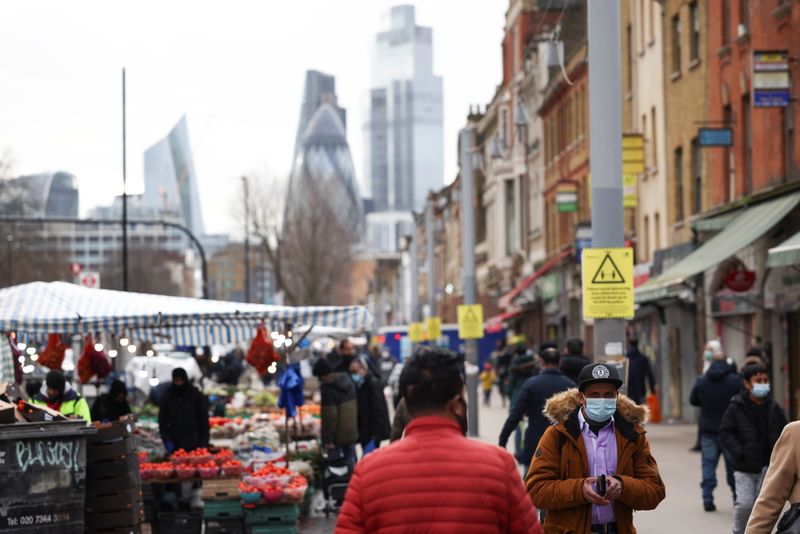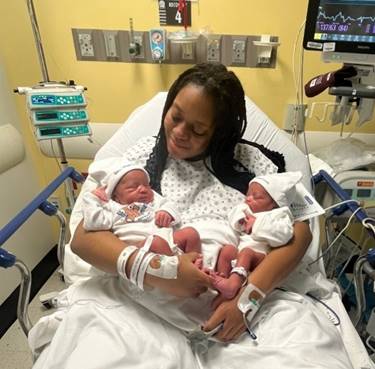LONDON (Reuters) – English authorities have identified an extra 1.7 million people vulnerable to becoming seriously ill or dying from COVID-19 by combining factors such as age, underlying clinical condition, ethnicity, body mass index and local levels of deprivation.
Those identified by the new model will be asked to shield, and will be prioritised for vaccination if they have not already received a first dose, the government said on Tuesday.
More than half of the 1.7 million would have been invited for vaccination given their age, it said, but a remaining 820,000 adults identified by the model between 19 and 69 years still have to receive one.
They will already be in line for a shot in the coming weeks, either because of their age or because they have an underling condition, and would now be flagged to doctors as a priority.
“The model’s data-driven approach to medical risk assessment will help the NHS (National Health Service) identify further individuals who may be at high risk from COVID-19 due to a combination of personal and health factors,” said Jenny Harries, deputy chief medical officer for England.
“This action ensures those most vulnerable to COVID-19 can benefit from both the protection that vaccines provide, and from enhanced advice, including shielding and support, if they choose it.”
The model was developed by a team of government medical advisers led by the University of Oxford using data gathered during the pandemic. It will be updated as scientific understanding of the virus develops.
The people identified will be sent a letter by NHS England in the coming days explaining that their risk factors may help identify them as high clinical risk, the government said.
They will receive advice on shielding, including access to support, and will be invited to receive the vaccine a soon as possible, it said.
(Reporting by Paul Sandle; editing by William James and Kate Holton)
























